Before we get into it, can we please talk about Zoe Kazan? In The Plot Against America she plays Bess, the matriarch of the Levin family, a clever and capable woman who keeps a good home for her husband and two boys. She is the very model of a modern wife and mother, of a family that’s about to step into a new decade, in an America that’s coming out of a Great Depression. Her performance across the six episodes of this HBO Limited Series is a masterclass in emotional exactitude. As America slowly descends into the chaos that often pervades alternate histories, the sheer precision of her performance – as a wife struggling to support her husband, as a mother hell-bent on sheltering her children from the coming storm, as a sibling trying to reconcile the love she feels for her sister despite her exasperating politics – is nothing short of astounding. Her face is the very embodiment of America’s journey: from confusion, to frustration, to “a perpetual fear”. Her strength, as seen in this one moment when she grapples with reassuring a young child over the phone, is both inspiring and heartbreaking. She is absolute perfection.
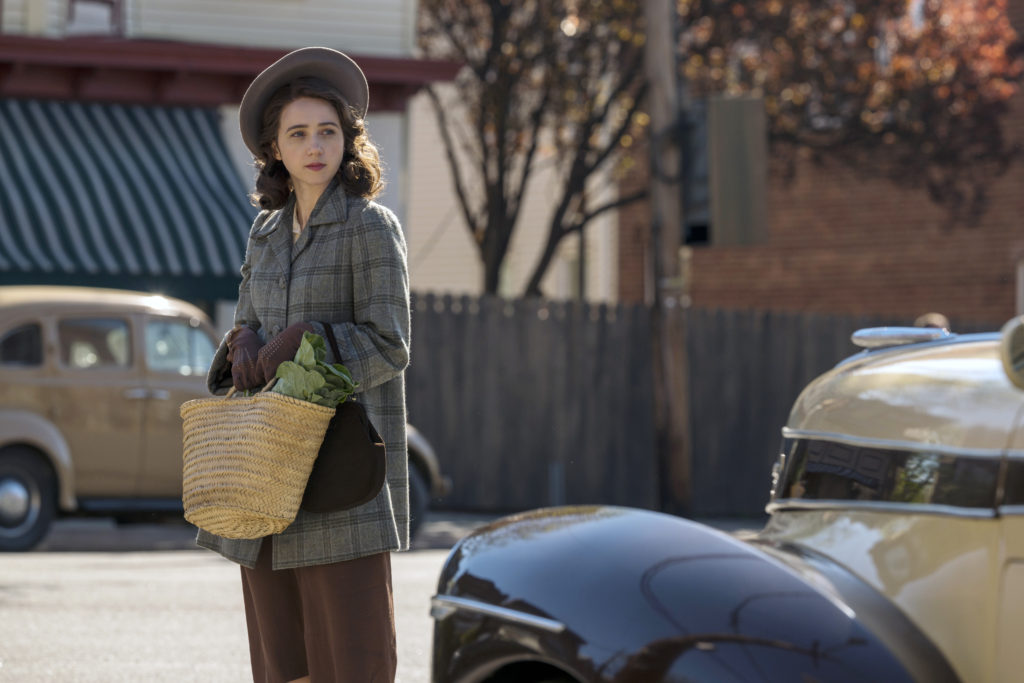
… But we in this country have a right to think of the welfare of America first…
Charles A. Lindbergh, Aviator, Author, Inventor, and Noted Anti-Semite
… From this moment on, it’s going to be America First...
Donald J. Trump, 45th President of the United States of America
The Plot Against America stems from a pukka source. Philip Roth’s subjunctive history – first published in 2004, and inspired by a single sentence in Arthur Schlesinger’s autobiography, in which which he noted that there were some Republican isolationists who wanted to run Charles Lindbergh for president in 1940 – posits an interesting series of what ifs. What if Charles Lindbergh ran against FDR and won? What if, instead of allying with Britain and Russia against Adolf Hitler, America stayed out of World War II and embarked on its own nationalist agenda? What if there was an anti-semite in the White House? What would it mean to you if you weren’t “authentically” white or Christian?
This is the reality in which the Levins – Herman, Bess, and their two sons, Philip and Sandy – find themselves. Trapped in a country that’s becoming slowly but surely more anti-semitic. Where the economy is booming but so is bigotry. Where hate and intolerance are so virulent, that the humiliation it gives rise to makes it impossible feel human, let alone American. “This is my country”, Herman protests throughout the series. A claim that becomes less and less believable to him, and to us, as the episodes progress, and he is slowly broken by circumstance.
The idea isn’t all that outlandish. This is, after all, the same America that forcefully relocated and incarcerated almost 120,000 people of Japanese descent – most of them American citizens – into concentration camps in California, Arizona, Wyoming, Colorado, Utah, and Arkansas. A stark reminder that liberal democratic principles and practices can just as easily be subverted for the most illiberal of intentions.
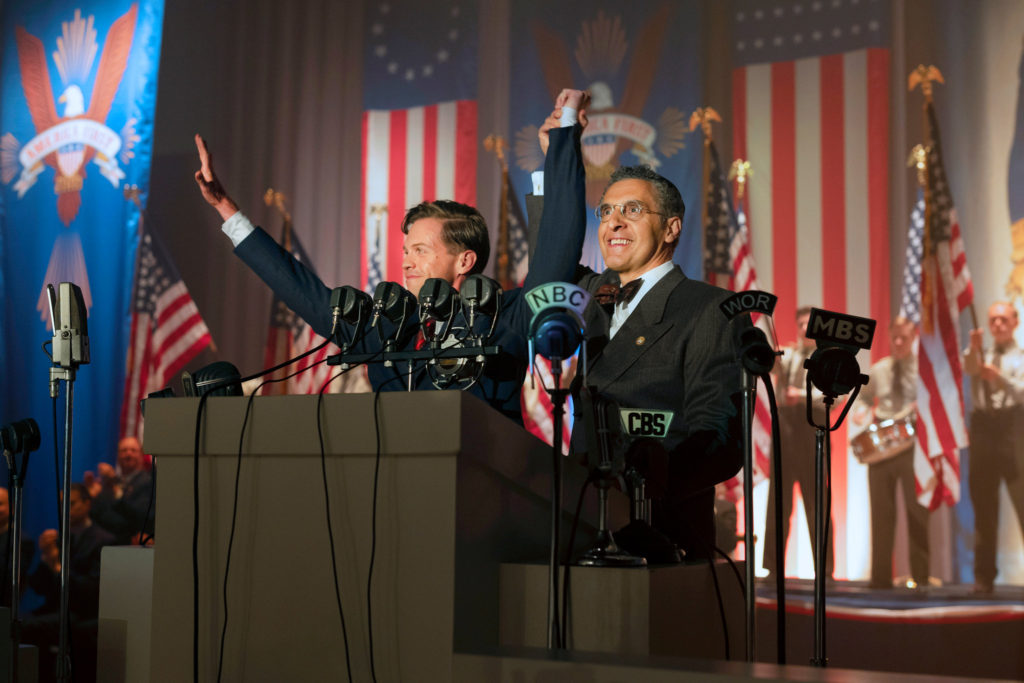
Of late, our screens seem to be inundated with alternate histories and dystopian visions. From Black Mirror to The Handmaid’s Tale to The Man in the High Castle, from Watchmen to Hunters, some are cautionary tales, some are escapist fantasies, while some others serve as a passive reassurance that things could be worse.
As America heads into an election year, I was admittedly worried that the series would be heavy handed in trying to link its fictional past to our stormy present. I shouldn’t have been. David Simon and Ed Burns, the prodigious duo behind The Wire, are clever to avoid writing a roman clef to present day America. Channeling Roth’s original intent, they put forward an historical thought experiment that imagines what life would be like in those two turbulent years if Lindbergh was president. Nothing more. Nothing less. (While there is some dialogue that can be read as being a little on the nose, none of it feels out of place in the world they have created.)
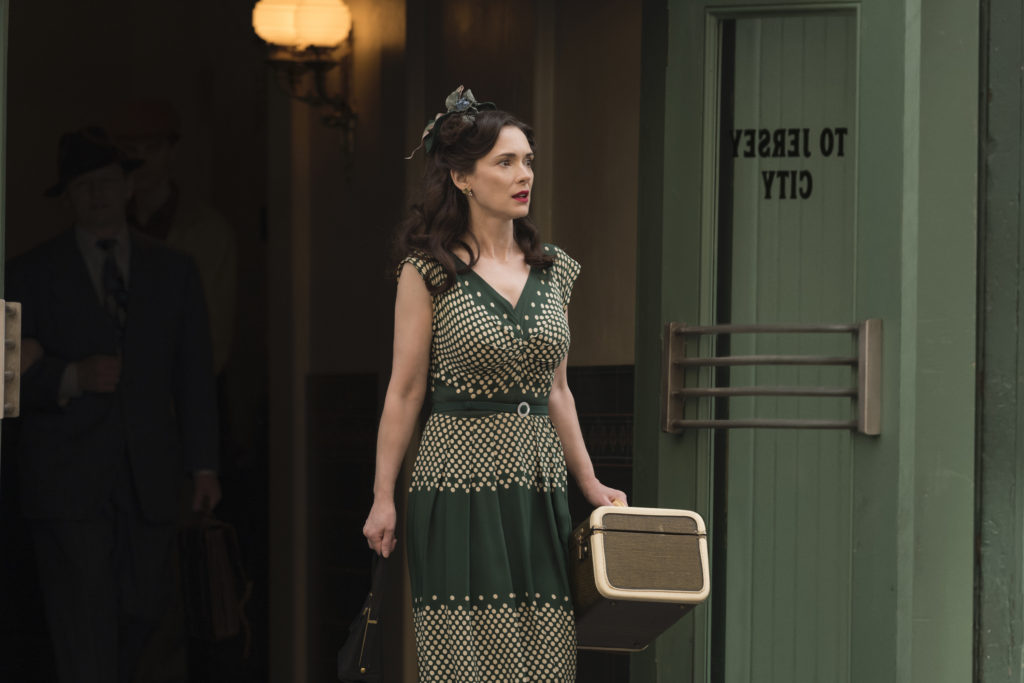
The series does away with the novel’s conceit of framing these events through the eyes of a young Philip. Instead, Simon and Burns follow the downfall of America through the conversations had by the besieged Levin family within the limits of their living room. It is a cunning approach. And one that caters to a much wider audience than the book. Confining the bulk of the action to the ordinariness of the family den creates an immediate connection. It doesn’t matter if you’re unaware of the historical context of the series, or whether you’ve ever met a Jew, these are the same conversations you’ve had with your wife, these are the same fights you’ve had with your brother.
When Herman is outraged at his brother’s indifference towards Lindbergh because business is thriving, he launches into a familiar tirade that most of us are intimately familiar with: “Not so long ago, you couldn’t bear the man either, but now what? Stock market is up. Profits are up. Business is booming. Everything else about Lindbergh, what he stands for, is forgotten? What else matters to you, a businessman, if the money is right?”
Most of all, however, the series serves as a warning to all of us that such historical anomalies, be it a demagogue in the White House, or the democratic ascent of a dictator, or Brexit, have a lasting impact. That the passion and prejudice they inspire will scar us as a society. Sometimes irrevocably.
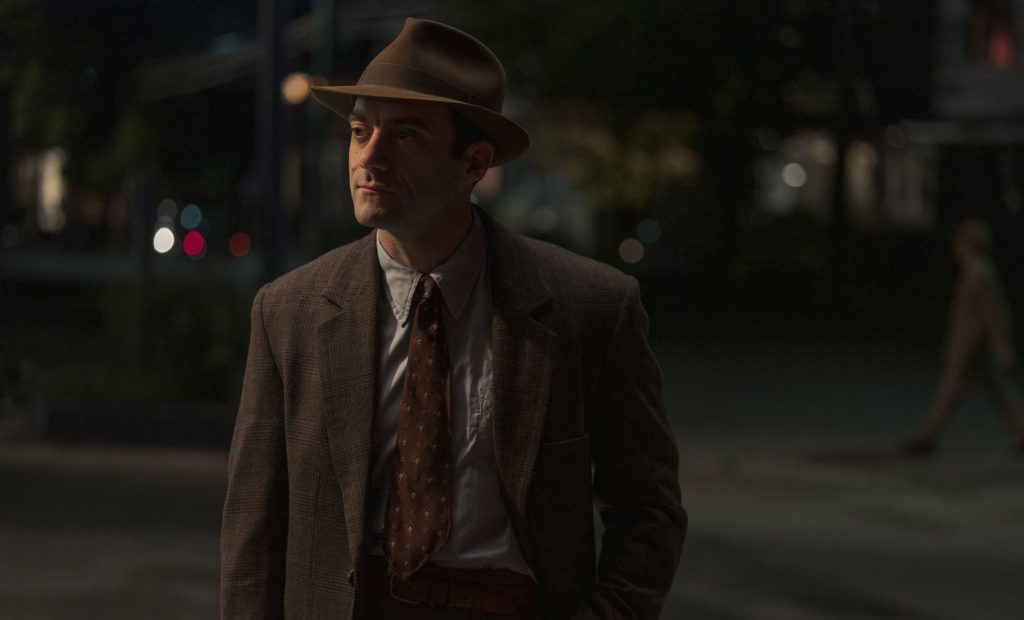
The Plot Against America plays out like a novel, carefully layering character, and action, and dramatic tension, while slowly stumbling towards a coming apocalypse. This series, like Chernobyl before it, is the very definition of a slow burn. One that doesn’t shy away from its literary credentials.
Like all great alternative histories, The Plot Against America leaves you wondering if something like it could indeed happen. The answer to which is either that it already has or, as Herman mutters to himself while listening to Lindbergh on the radio, “this is how it starts”.
The Plot Against America
HBO, 6 episodes
Showrunners: David Simon and Ed Burns
Directors: Minkie Spiro and Thomas Schlamme
Writers: David Simon, Ed Burns, and Reena Rexrode
Cast: Winona Ryder, Zoe Kazan, Morgan Spector, Anthony Boyle, Azhy Robertson, Caleb Malis, and John Turturro

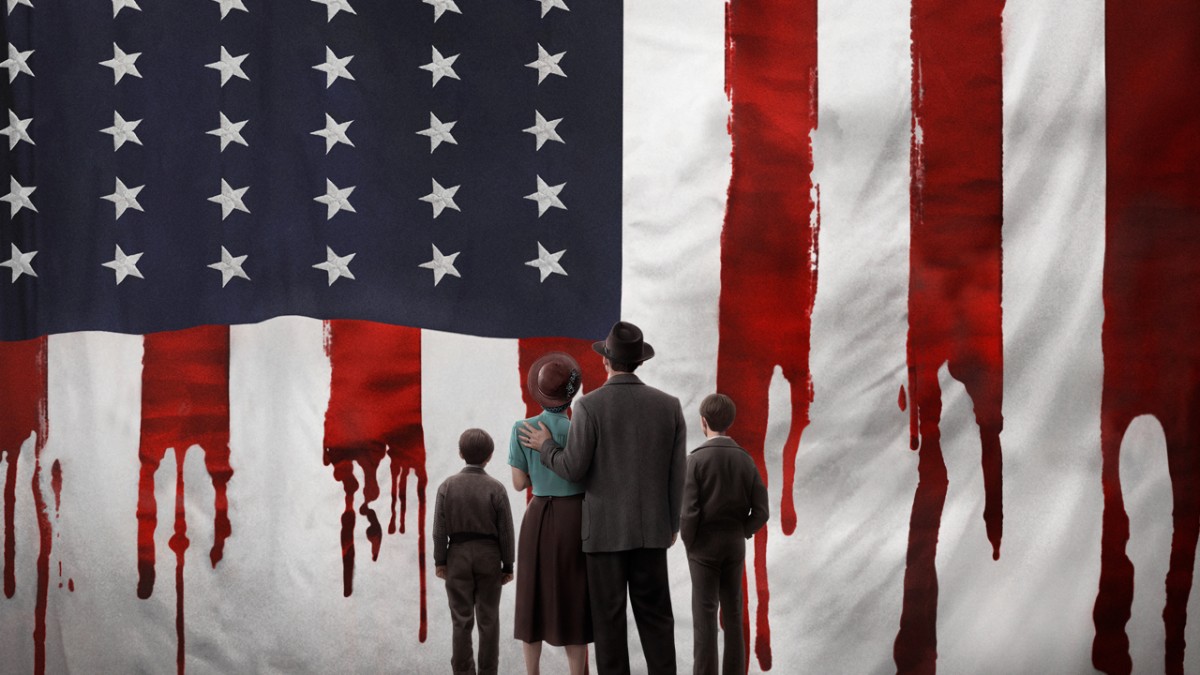

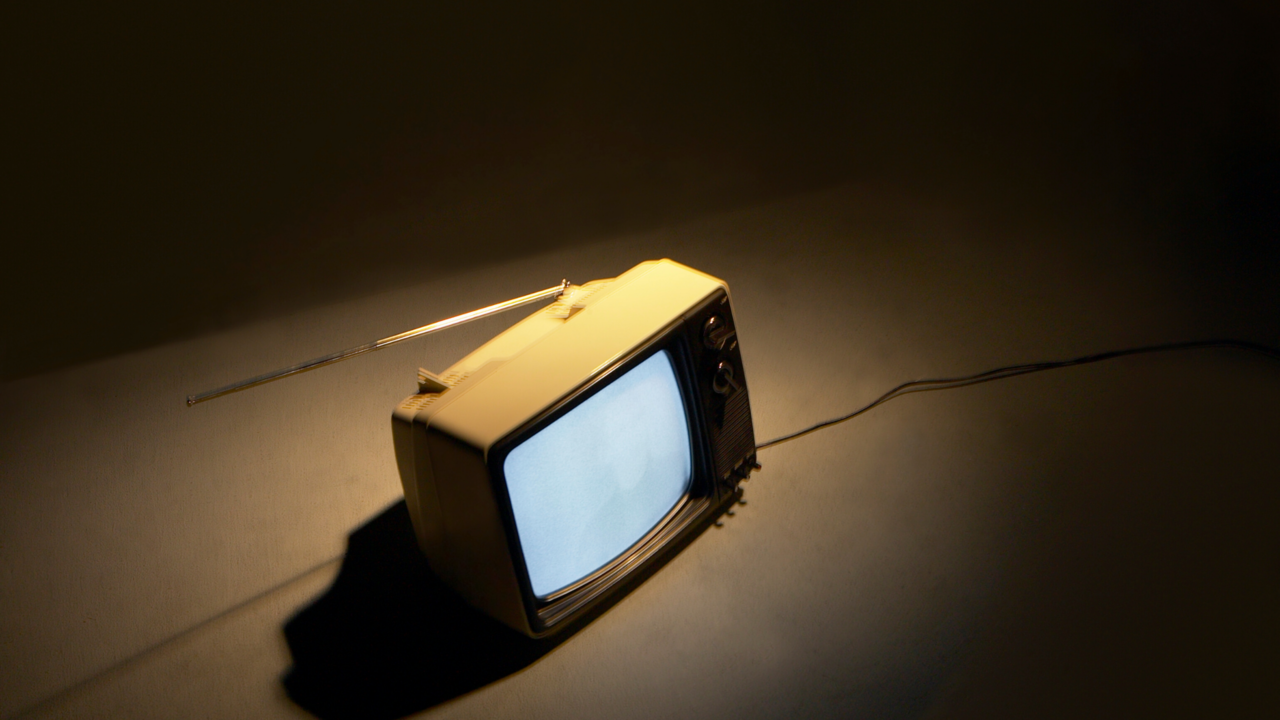
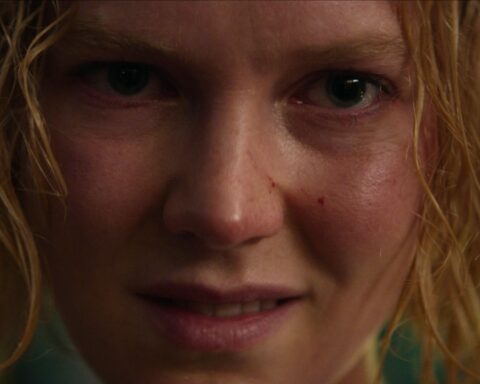

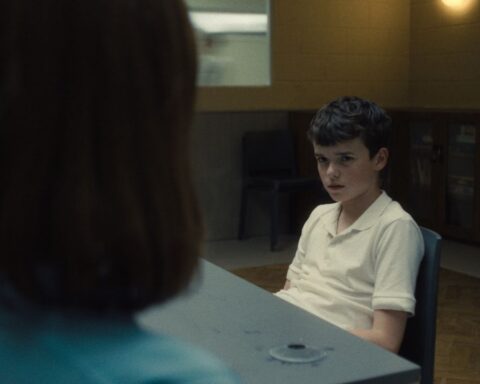
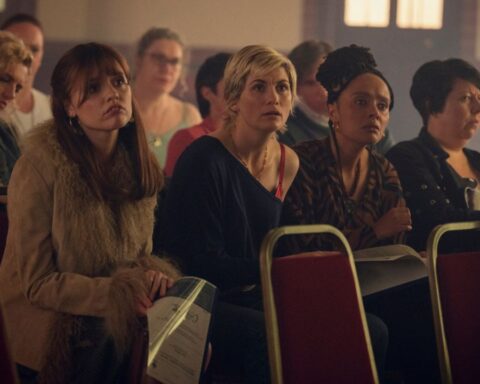
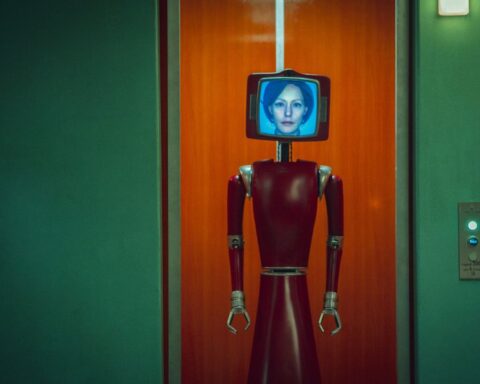
Follow Us